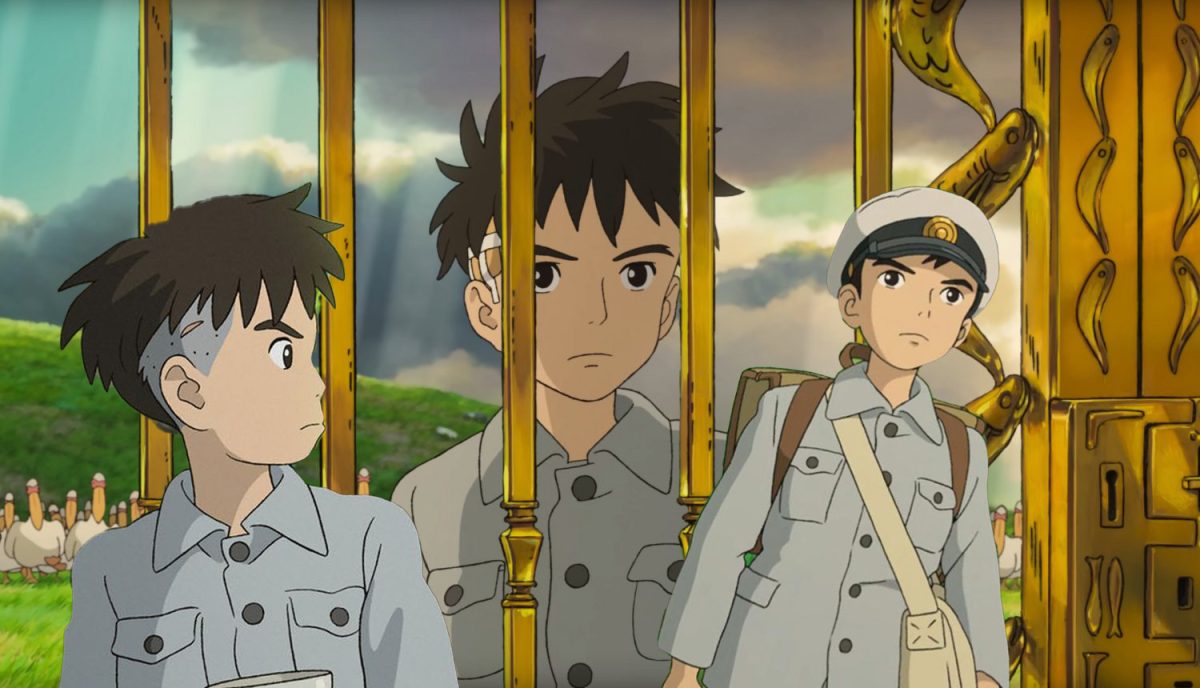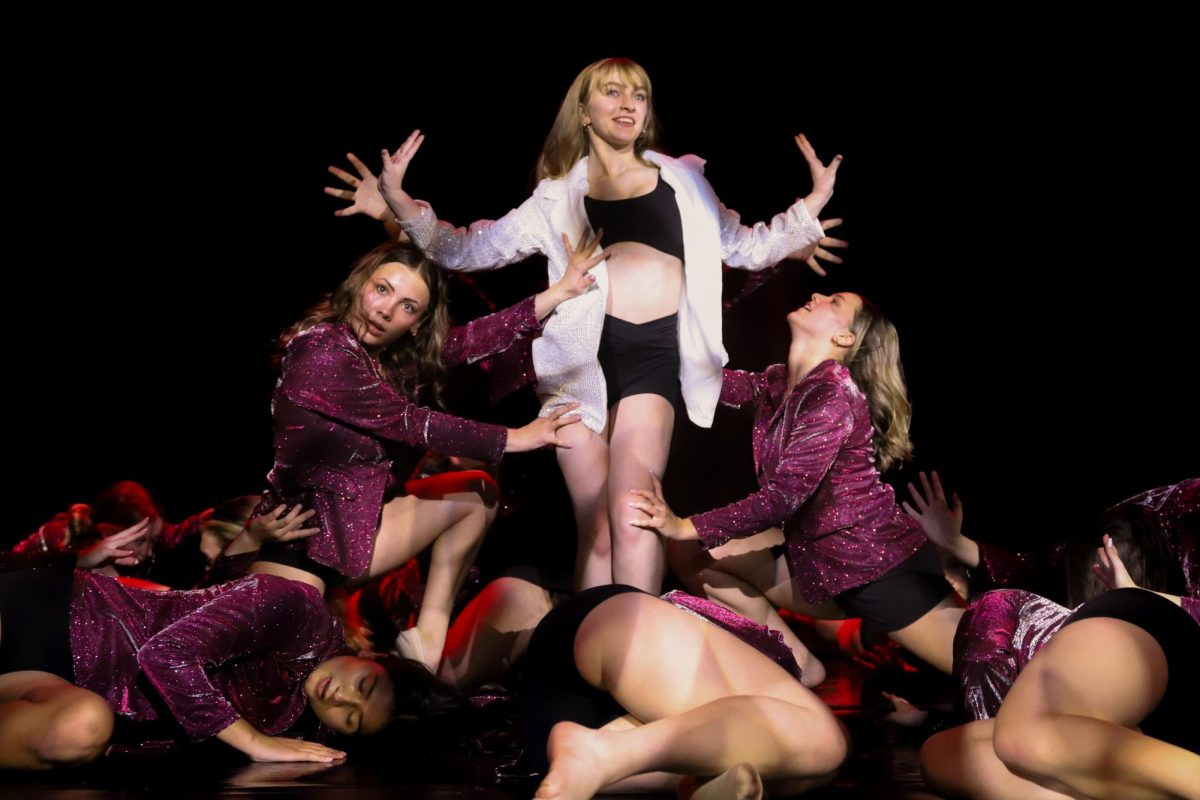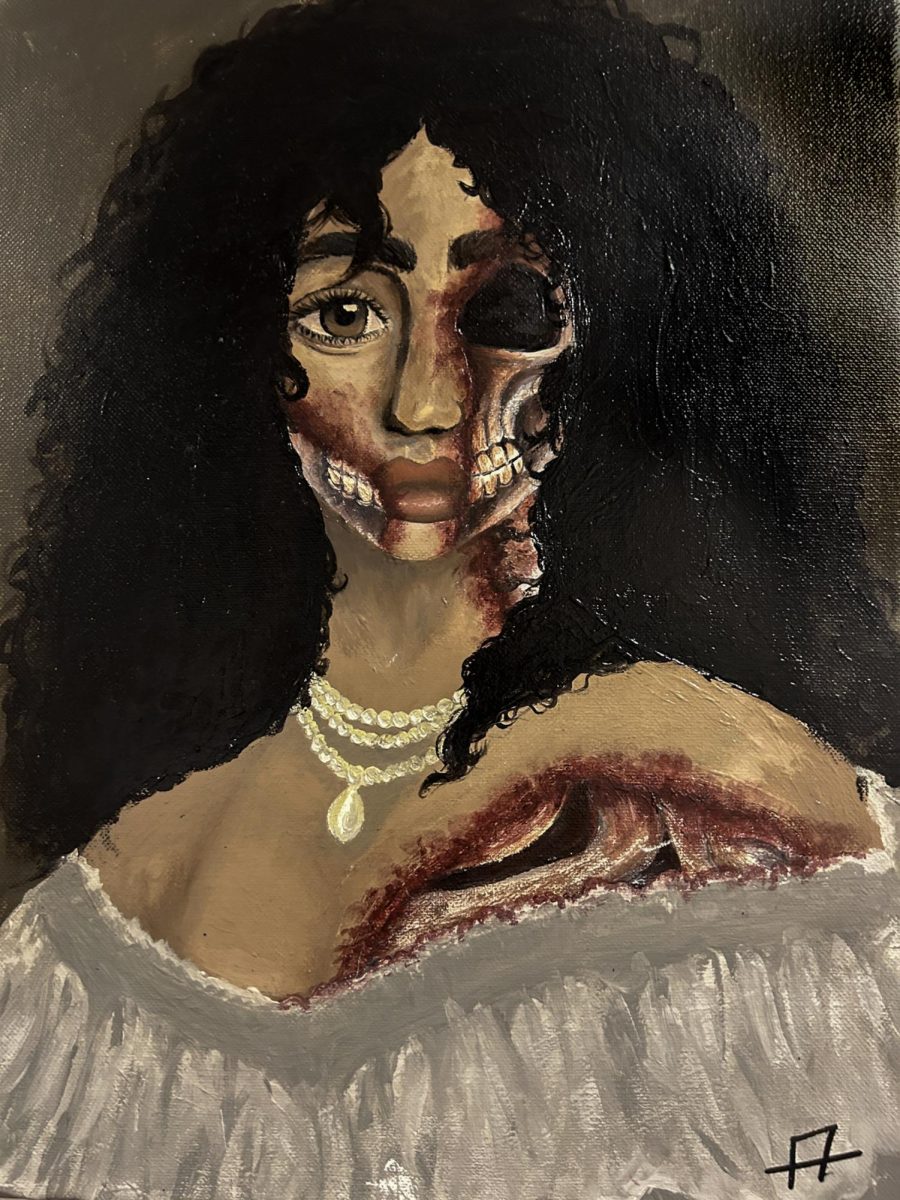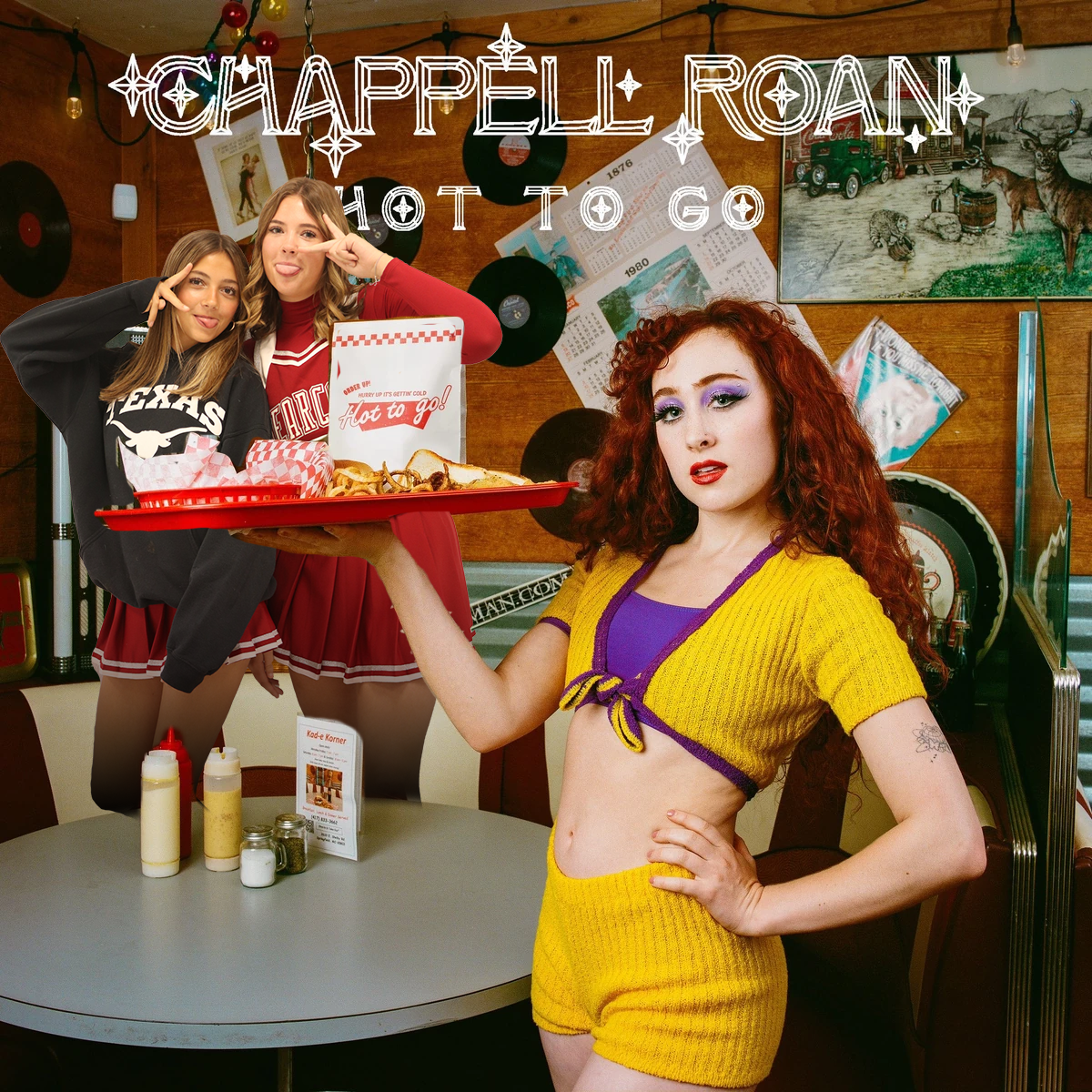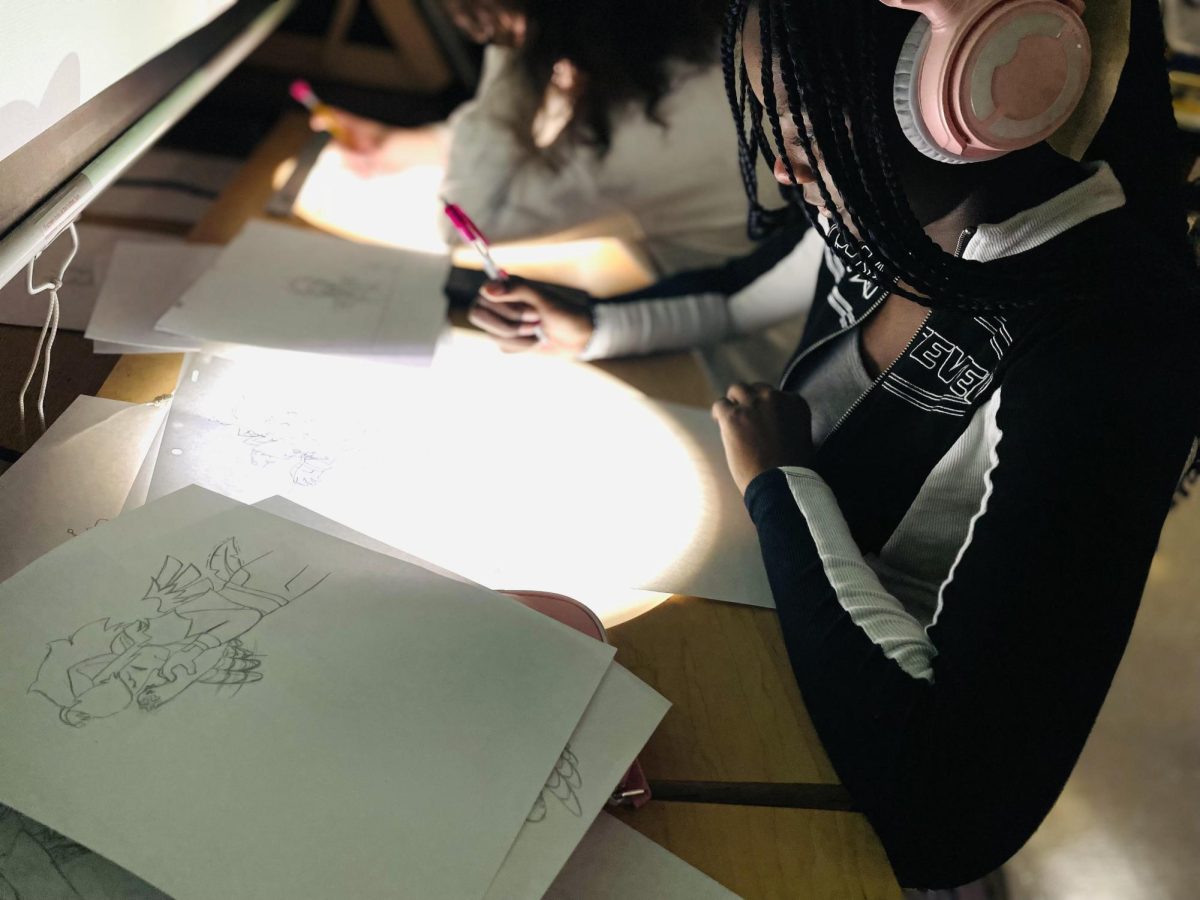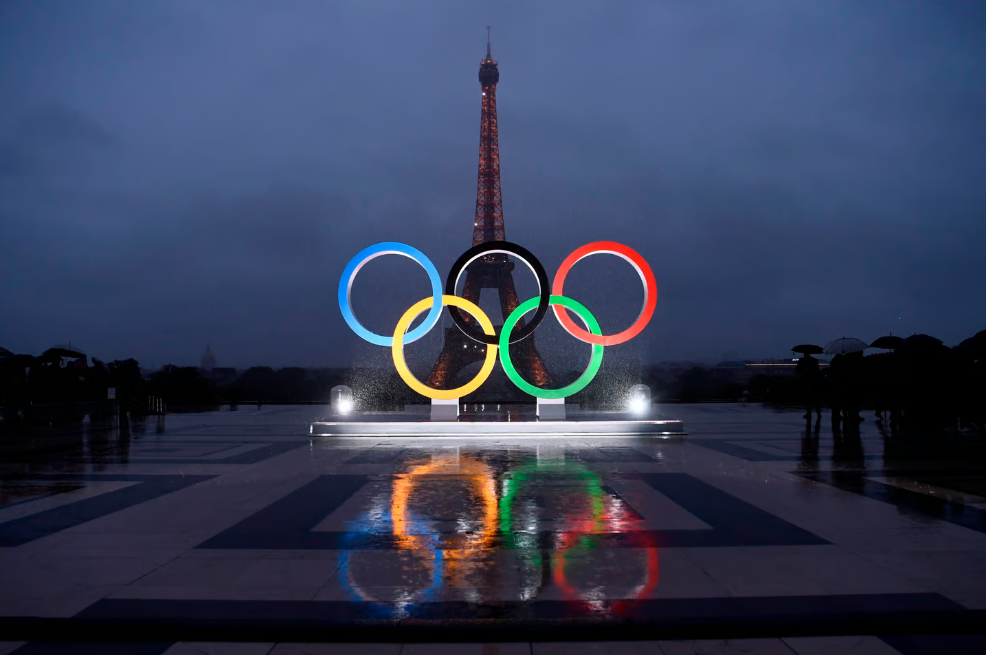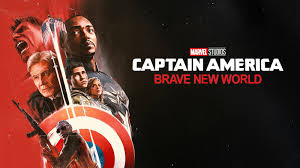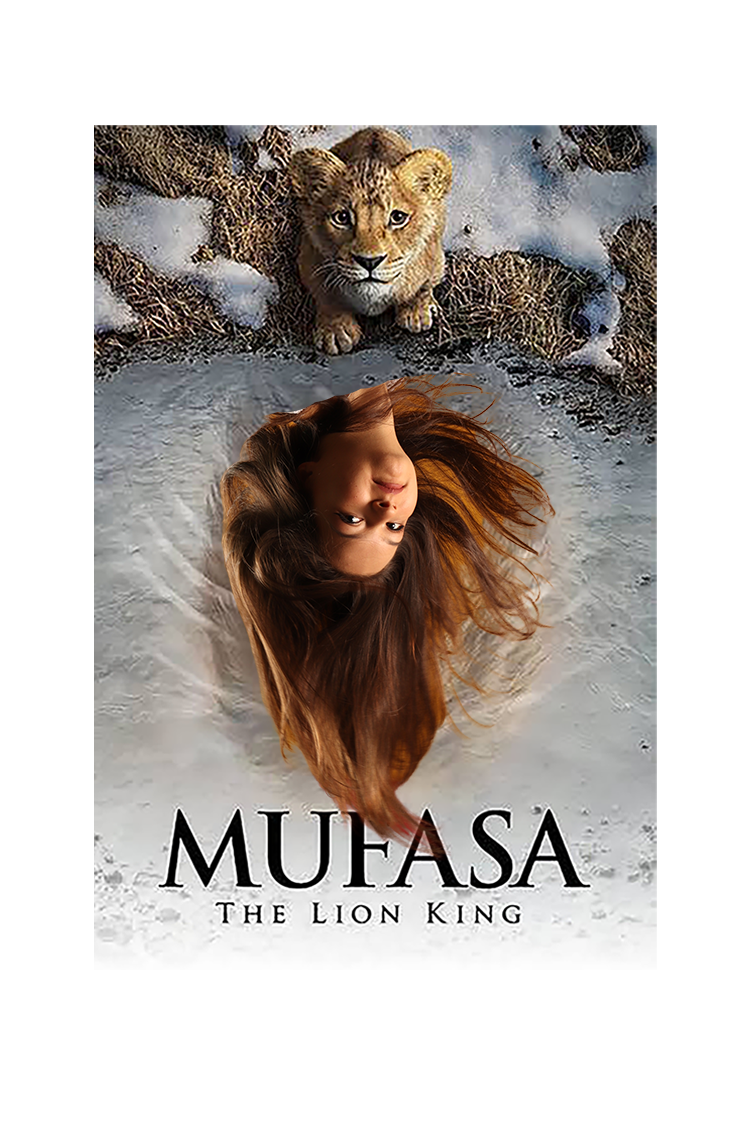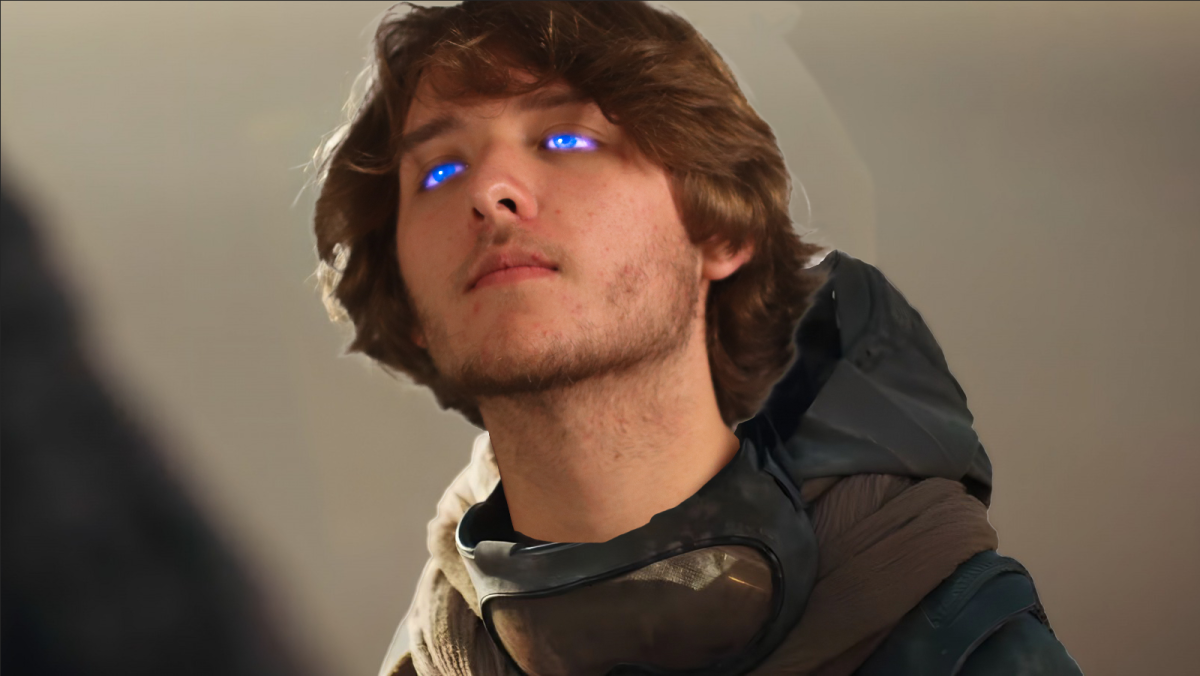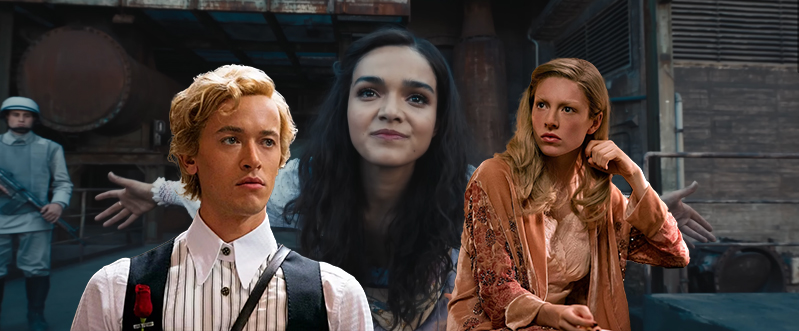Vague spoilers ahead.
Studio Ghibli, a Japanese animation studio founded in 1985, has broken into semi-mainstream American culture in recent years, known for its stunning animation, complex themes, and overall unique filmmaking style- which makes it no wonder its most recent film, “The Boy and the Heron” was the subject of much excitement for fans of the studio, including myself.
“The Boy and the Heron” marks the first film to be released in ten years (following “The Wind Rises” in 2012) from the mind of Studio Ghibli’s most accredited director and co-founder, Hayao Miyazaki, known for his critically acclaimed films such as “My Neighbor Totoro” (1988), “Kiki’s Delivery Service” (1989), “Princess Mononoke” (1997), “Spirited Away” (2001), “Howl’s Moving Castle” (2004), “Ponyo” (2008), and more. “Spirited Away” is notably the first and only non-English language film to win the Academy Award for Best Animated Feature. “Princess Mononoke” is one of my favorite films ever.
Unfortunately, “The Boy and the Heron” did not live up to that standard.
The movie is set in 1942, Japan, and follows Mahito Maki, a 12-year-old boy, who, after, losing his mother in a Toyoko hospital, moves to the country side still battling grief when his father remarries and impregnates his mother’s younger sister, Natsuko. Here, he lives at his mother’s side old estate, where he meets a talking blue heron who claims that is mother is still alive, and, to find her, he must venture into a magical world created by his granduncle.
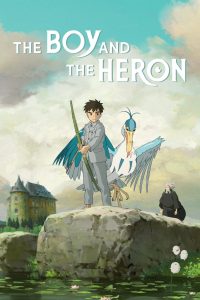
Despite the fact I left the theater unsatisfied, I acknowledge and respect that this movie isn’t low quality; the animation is some of Ghibli’s best. The score, composed by Joe Hisaishi, is beautiful. The beginning had potentially to unfold beautifully. You can tell the movie is trying very hard to communicate something, but ultimately lost me trying to get there.
The beginning of the movie, before Mahito leaves his world to invoke on an almost Alice in Wonderland-esque adventure, drags on. Mahito is a strange protagonist, quiet and cold in his grief even to the audience. I often found myself wanting to like him, but not feeling connected enough to do so. I wanted Mahito to show himself more, and I wished they took more care to show his thoughts. How does he feel, particularly, about his father marrying his late mother’s sister? The audience can infer, but the exploration of his emotions and thoughts would have fleshed him out more completely and perhaps may have placed him among the greats of Ghibli protagonists.
It is typical of the studio’s film to have causal magic as a part of the world, but the magical realism more out of place here, in a real-life, historical setting, too. Mahito reacts very mildly to the existence of magic, which feels strange and unrealistic, isolating him further from the audience.
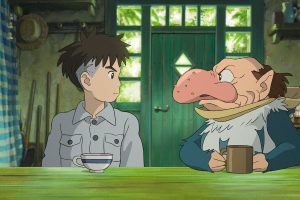
The plot, once Mahito enters the magical world, is weird and often noncoherent. He goes from place to place without much passion and the conflict isn’t as active as a story this complex and strange would benefit from. The movie is slow and almost meandering, and somehow the ending still feels rushed. The themes are interesting to think about after the fact, but aren’t executed as strongly as I would have liked, especially due to the rushed-nature of the ending. Mahito isn’t the only character I wish I knew more about, with many of them lacking backstory and proper fleshing-out,
I can see why diehard Ghibli fans would enjoy this film, call it a masterpiece even. It, in many ways, is Studio Ghibli pushed to the max. Slower-paced, a lack of a strong driving conflict, and a weirdness almost confusing in it’s execution is typical of the studio. However, I think general audiences will struggle with this movie, as I did, and I wish I enjoyed it more than I did. There is charm, here, buried deep. But this film was not for me.

